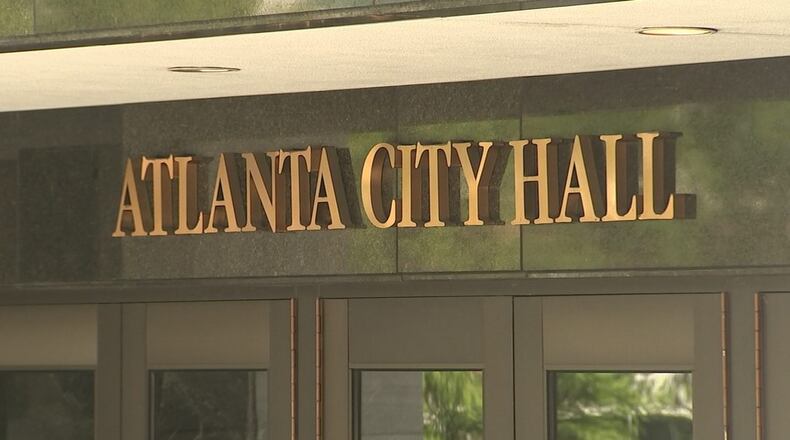The Atlanta City Council unanimously approved on Monday a robust plan officials say ensures all city facilities will operate on clean energy by 2035, potentially reducing electricity bills in communities experiencing high electricity burdens.
Under the plan, all Atlanta government facilities, including Hartsfield-Jackson Atlanta International Airport, will be powered by solar or other forms of clean energy. Atlanta currently receives eight percent of its energy from clean energy sources.
The city did not say how much the conversions will cost taxpayers, but officials claim the plan prioritizes low-cost measures and does not commit the city to any funding. However, the Office of Resilience may request funding in subsequent fiscal year budgets.
Chief Resilience Officer Amol Naik said smaller initiatives — such as lighting changes at City Hall and installing solar panels at recreational centers and fire stations — have already begun and are designed to decrease energy bills, create green jobs and improve air quality. Naik described the larger plan as “ambitious, but doable.”
RELATED|Atlanta makes ambitious commitment to 100 percent clean energy by 2035
ALSO|Atlanta City Council seeks more time to review clean energy plan
Naik said Atlanta officials talked to residents with the help of grassroots organization Georgia Sierra Club and to develop the plan that includes creating an energy efficiency renter assistance program; developing a community program to increase solar energy usage and working to adopt stronger building codes for greater energy efficiency and solar power. The plan will also address air emissions by launching car-sharing programs for low-income residents.
Naik’s office is tasked with executing the plan, which includes interim targets that include: 10 percent of municipal buildings by 2020; another 30 percent by 2025 and 50 percent by 2030.
The plan will create more than 7,700 jobs and reduce monthly household electricity bills by $234 if the city fully converts to clean energy by 2035.
“What we did was set this bold vision and have a number of paths within [the plan] that we can take to get them,” Naik told The Atlanta Journal-Constitution. Naik said his office will meet with stakeholders such as Georgia Power and The Rockefeller Foundation in the next 90 days to determine which path is most feasible.
Atlanta became the 27th city in the country to commit to clean energy in 2017 after the city council unanimously passed a resolution submitted by former Councilman Kwanza Hall. The initial plan called for government buildings to operate on clean energy by 2035. Officials altered the timeline to prioritize making electric bills affordable for low-income communities.
“The best data we have indicates that as we transition to clean energy, costs also come down,” Naik said. “We have seen this play itself out in the costs for municipal renewables already.”
Like Intown Atlanta News Now on Facebook | Follow us on Twitter
In other news:
About the Author
Keep Reading
The Latest
Featured

